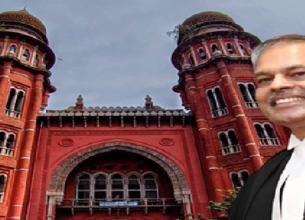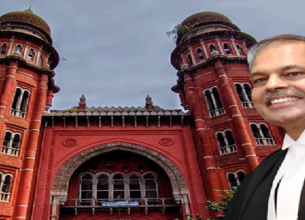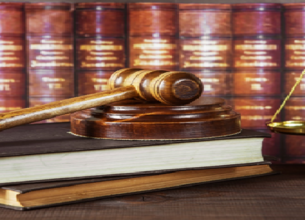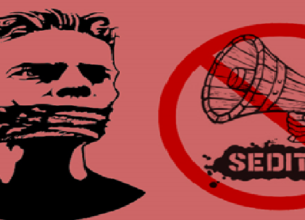RIGHT OF AN ACCUSED TO BE DEFENDED
09, Mar 2020
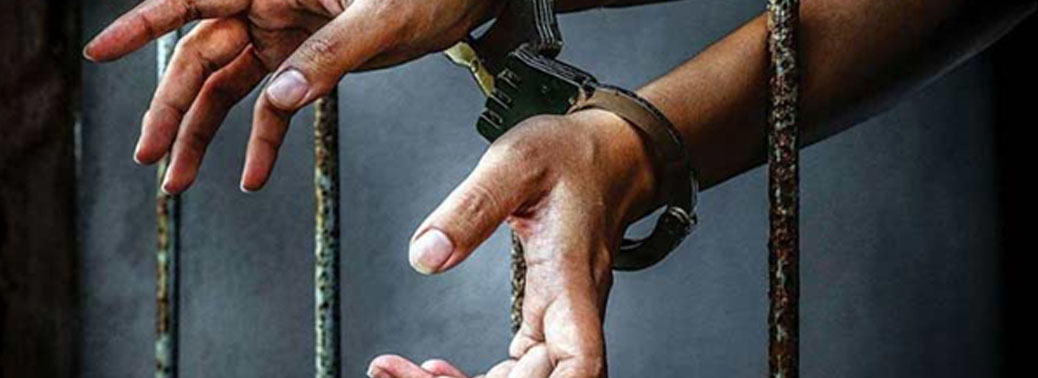
Prelims level : Rights Issues
Mains level : GS-II Indian Constitution- Historical Underpinnings, Evolution, Features, Amendments, Significant Provisions and Basic Structure.
Why in News?
- Recently, the Karnataka High Court observed that it is unethical and illegal for lawyers to pass resolutions against representing accused in court.
What is the Issue?
- This was after local bar associations had objected to four students arrested for sedition being defended in court.
- This is not the first time that bar associations have passed such resolutions, despite a Supreme Court ruling that these are “against all norms of the Constitution, the statute and professional ethics”.
What does the Constitution say about the right of an Accused to be Defended?
- Article 22(1) gives the fundamental right to every person not to be denied the right to be defended by a legal practitioner of his or her choice.
- Article 14 provides for equality before the law and equal protection of the laws within the territory of India.
- Article 39A, part of the Directive Principles of state policy, states that equal opportunity to secure justice must not be denied to any citizen by reason of economic or other disabilities, and provides for free legal aid.
What has the Supreme Court said about such Resolutions by Bar Associations?
- Supreme Court observations in 2010A S Mohammed Rafi vs State of Tamil Nadu case:
- Such resolutions are wholly illegal, against all traditions of the bar and against professional ethics.
- Every person, however wicked, depraved, vile, degenerate, perverted, loathsome, execrable, vicious or repulsive he may be regarded by society has a right to be defended in a court of law and correspondingly, it is the duty of the lawyer to defend him.”
- Such resolutions were “against all norms of the Constitution, the statute and professional ethics”, called these “a disgrace to the legal community”, and declared them null and void.
How are Professional Ethics of Lawyers Defined?
- The Bar Council of India has Rules on Professional Standards, part of the Standards of Professional Conduct and Etiquette to be followed by lawyers under the Advocates Act.
- An advocate is bound to accept any brief in the courts or tribunals, at a fee consistent with his standing at the Bar and the nature of the case. The Rules provide for a lawyer refusing to accept a particular brief in “special circumstances”.
- Last year, The Uttarakhand High Court clarified that these special circumstances refer to an individual advocate who may choose not to appear in a particular case, but who cannot be prohibited from defending an accused by any threat of removal of his membership of the Bar Association.
Have lawyers faced action for Such Resolutions?
- Uttarakhand High Court has previously held that, in such instances, the State Bar Council can initiate action against office-bearers of the Bar Association if such resolutions are passed.
- It also said that action under Section 15(2) of the Contempt of Courts Act, 1971, can be considered against advocates who interrupt court proceedings.



